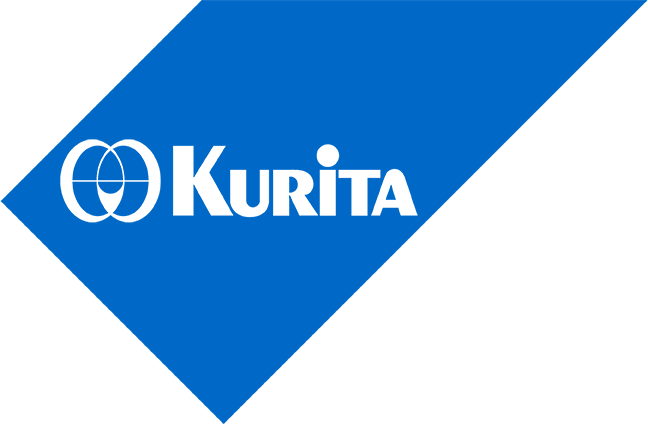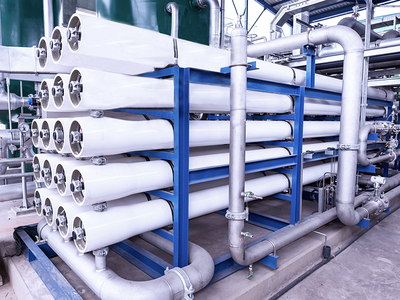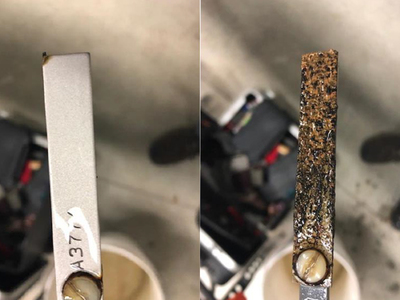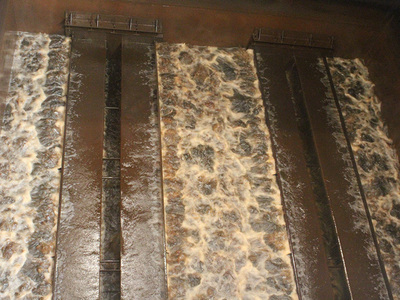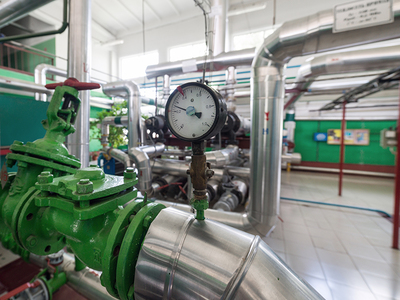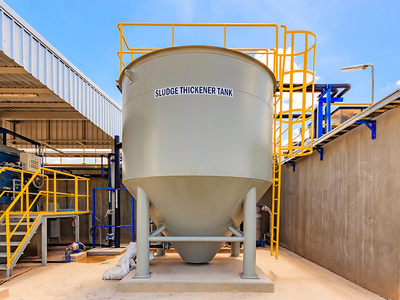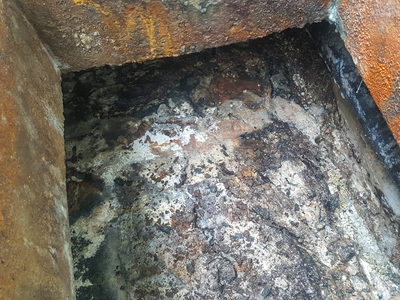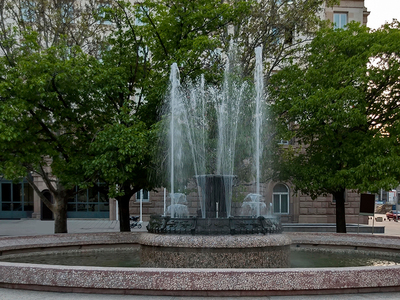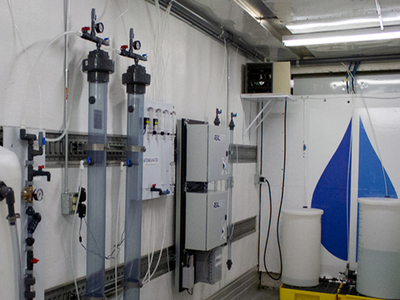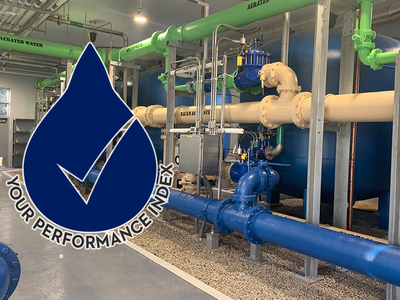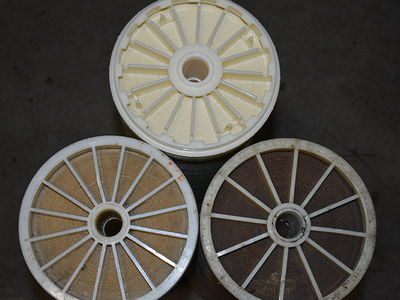Could you Benefit from Reverse Osmosis Pre-Treatment?
Reverse osmosis is an effective process used to remove dissolved solids that lead to corrosion and scaling deposits in industrial water systems. It can also be used for desalination and removal of nitrates, chloride, and other inorganic compounds as well as softening applications in drinking water systems. To support your RO system and water sources, pre-treatment through media filtration is often [...]
